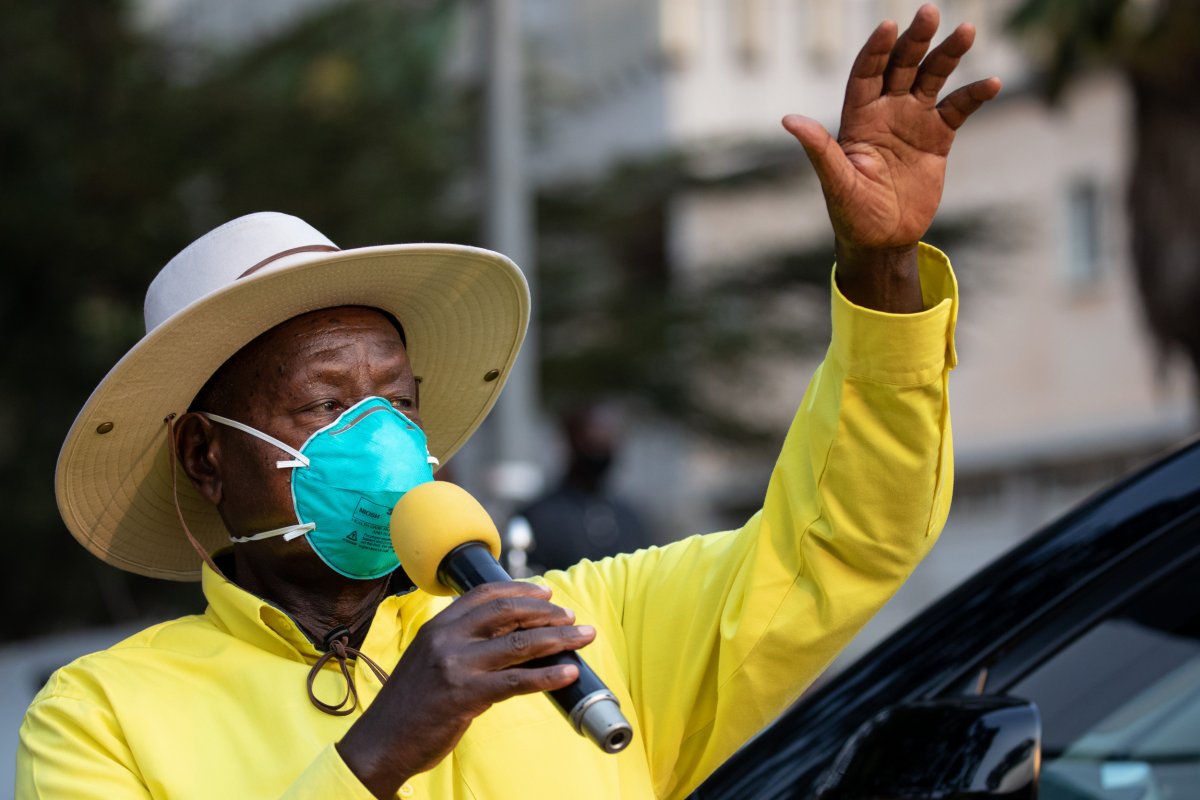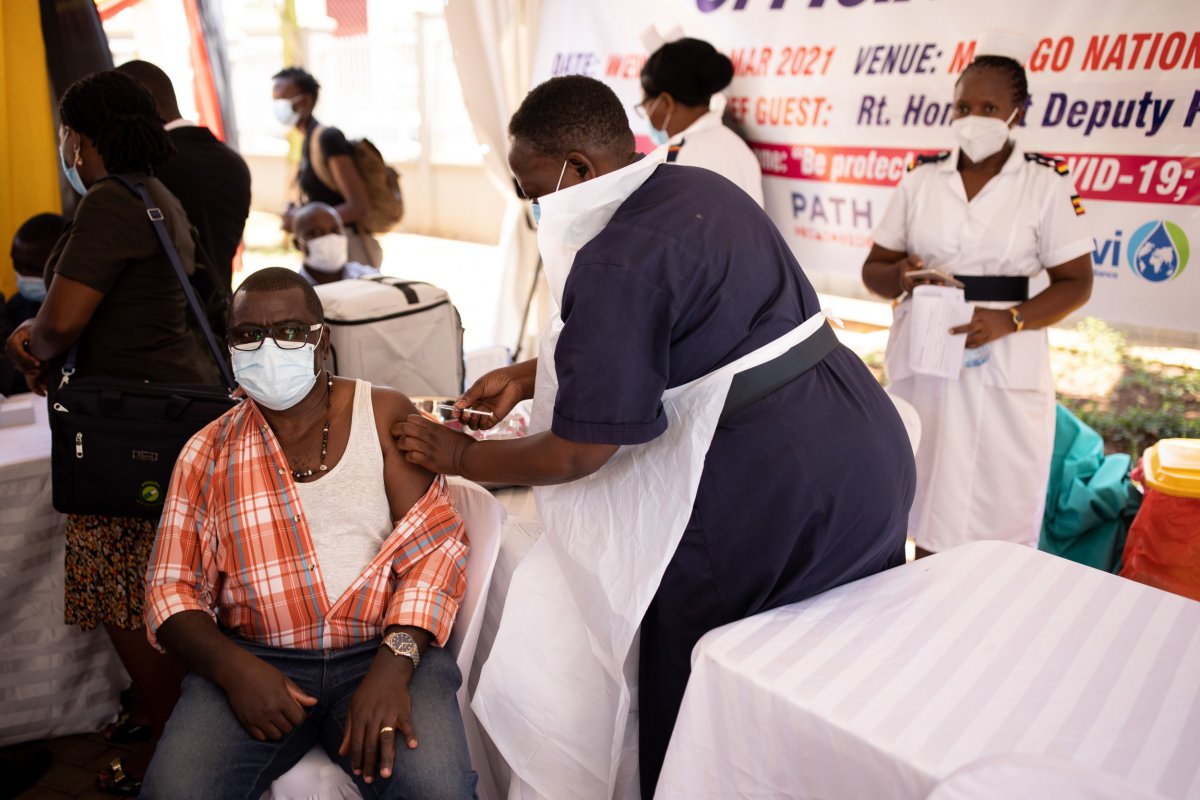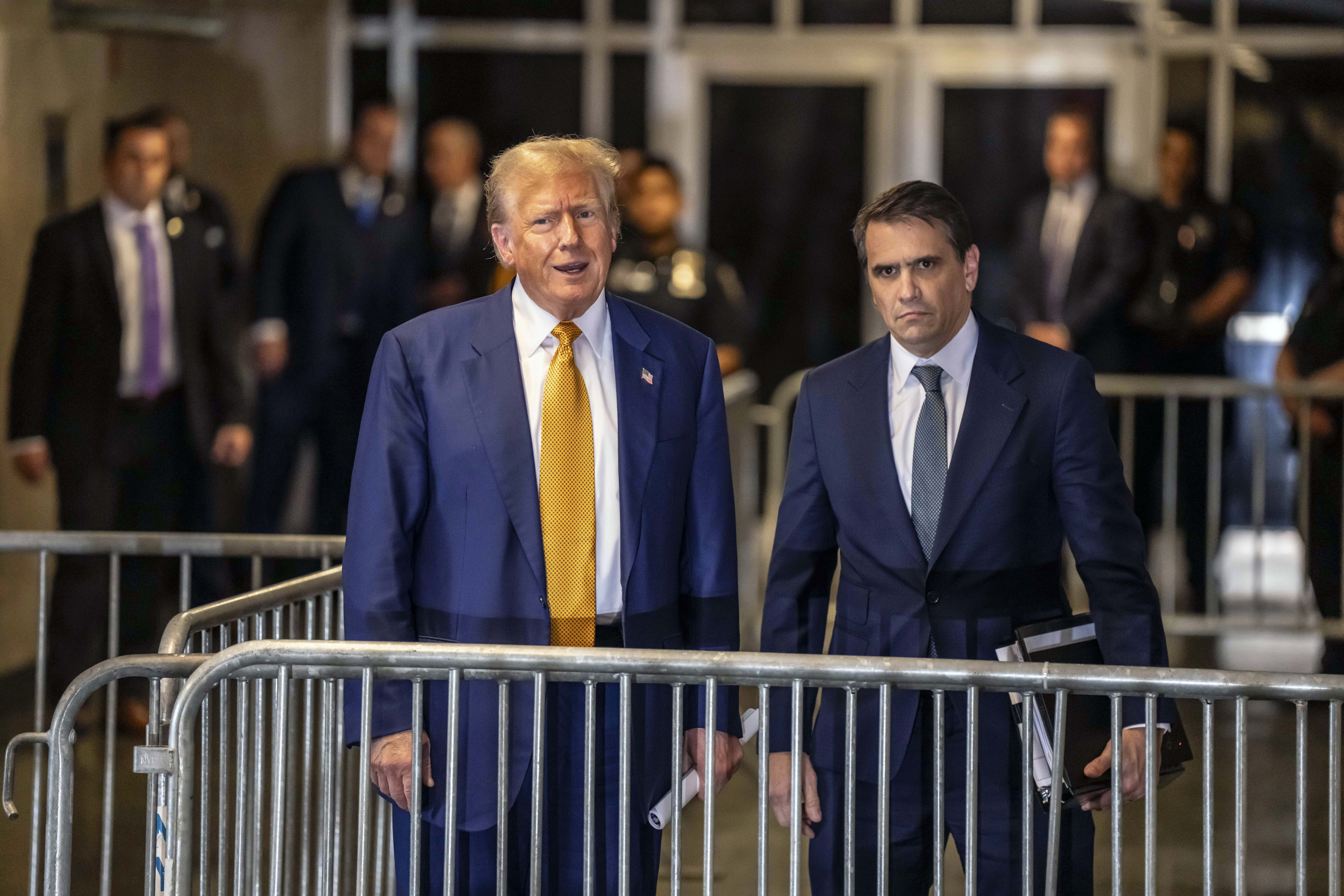Ugandan President Yoweri Museveni announced Friday that the country is banning private and public transportation in an effort to curtail the spread of COVID-19 variants.
The newest lockdown measures prohibit transportation inside and across country districts, even in the Ugandan capital Kampala. The only exceptions to the rule are vehicles transporting cargo, the sick and essential workers, Museveni revealed in a televised speech.
Downtown Kampala's shops, which are typically bustling with activity, will also be forced to close down, while citizens will be subject to a nighttime curfew. These restrictions will be in place for 42 days, the Associated Press reported.
"These are urgent and temporary but extraordinary measures which we as a nation must jointly and fully embrace to protect and preserve our lives, our ways of life," Museveni said in the speech.
The president resisted instituting the sweeping lockdown during a previous address on June 6, instead prohibiting travel between rural and urban areas. The newly tightened measures result from the population's failure to abide by the earlier restrictions, he said.
For more reporting from the Associated Press, see below.

Uganda is among some African countries seeing a dramatic rise in the number of infections amid a vaccine shortage. It has confirmed a total of 68,779 infections, including 584 deaths. The actual totals are believed to be much higher. Only a few thousand samples are tested daily.
Matshidiso Moeti, Africa director of the World Health Organization, spoke Thursday of a "sobering trajectory of surging cases" in Africa that she said "should rouse everyone to urgent action."
New cases across the continent rose by nearly 30 percent in the past week, she said.
Africa's 1.3 billion people account for 18 percent of the world's population, but the continent has received only 2 percent of all vaccine doses administered globally. It has recorded more than 5 million confirmed COVID-19 cases, including 136,000 deaths.
Nearly 90 percent of African countries are set to miss the global target of vaccinating 10 percent of their people by September, according to the WHO.
One major problem is that COVAX, the U.N.-backed project to supply vaccines to poor corners of the world, is itself facing a serious shortage of vaccine doses.
Amid a global outcry over the gap between the haves and the have-nots, the U.S., Britain and the other Group of Seven wealthy nations agreed last week to share at least one billion doses with struggling countries over the next year, with deliveries starting in August.

Uncommon Knowledge
Newsweek is committed to challenging conventional wisdom and finding connections in the search for common ground.
Newsweek is committed to challenging conventional wisdom and finding connections in the search for common ground.
About the writer
Zoe Strozewski is a Newsweek reporter based in New Jersey. Her focus is reporting on U.S. and global politics. Zoe ... Read more
To read how Newsweek uses AI as a newsroom tool, Click here.








